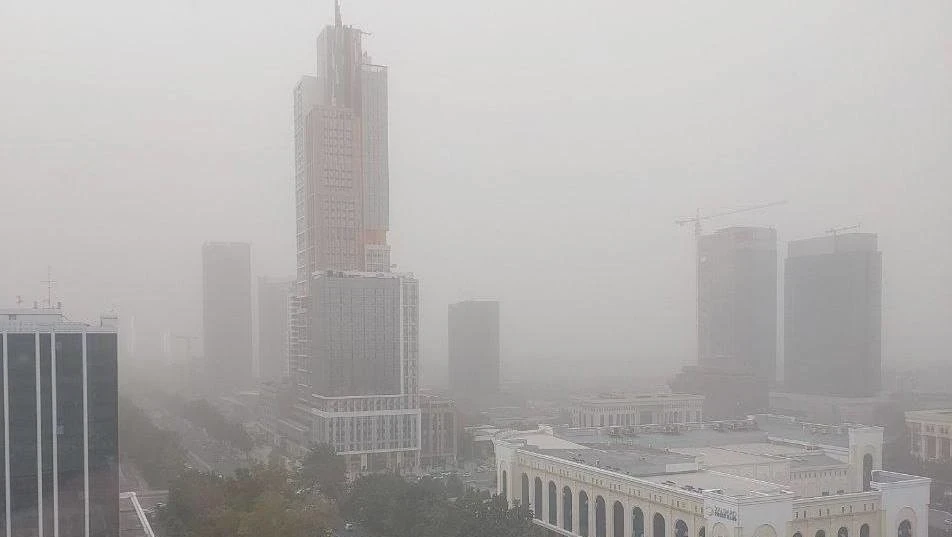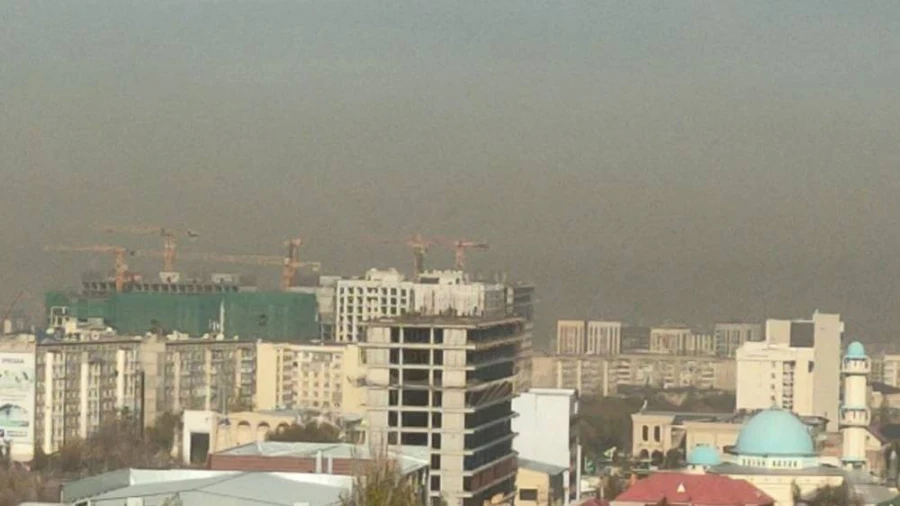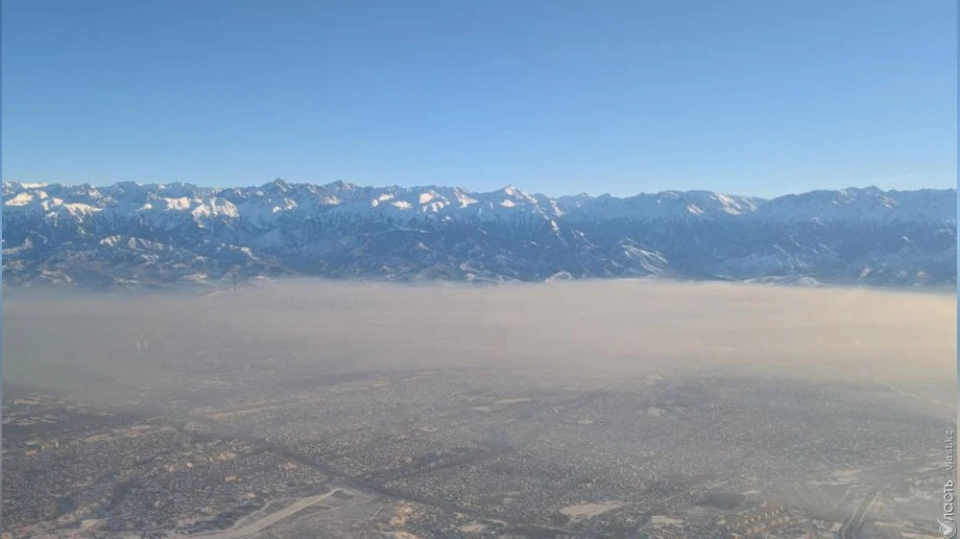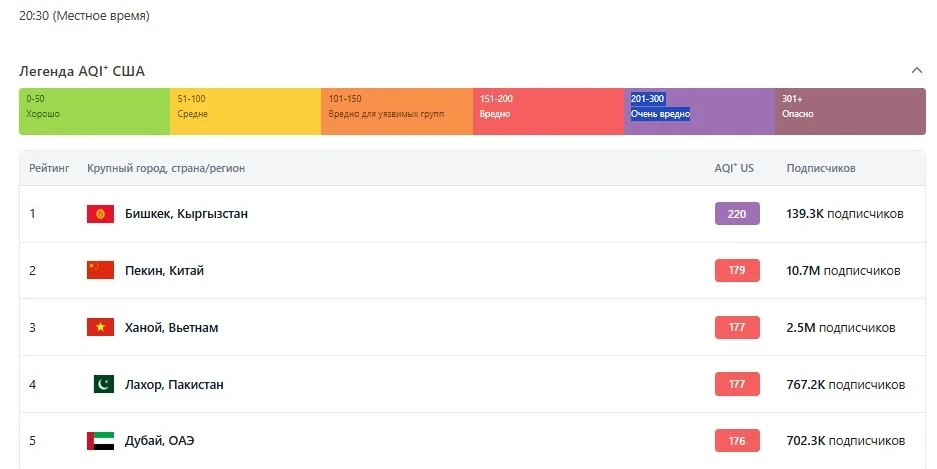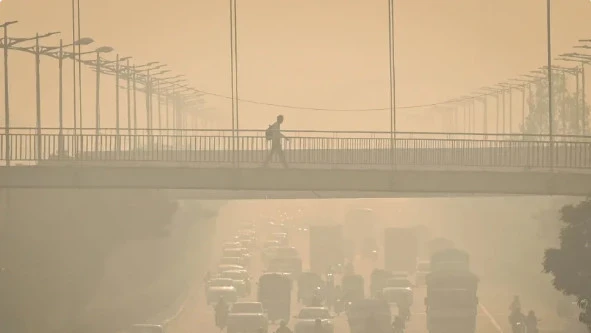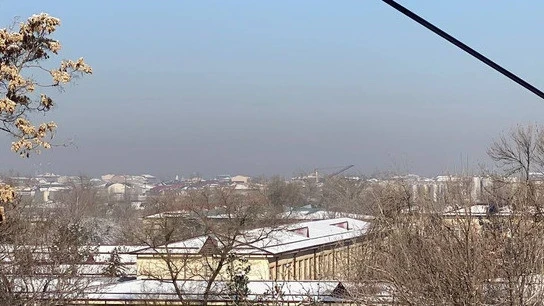
According to the agency's information, sharp temperature changes contributed to the formation of a temperature inversion, as a result of which harmful particles remain at ground level, not rising into the atmosphere, which in turn leads to increased pollution. On Sunday, November 16, the air in the capital became significantly more polluted. By 8:00 PM, the concentration of PM10 reached 373 µg/m³, exceeding the norm of 300 µg/m³. The level of PM2.5 increased to 202 µg/m³, which is more than three times the permissible limit.
Uzhydromet also reported that difficult conditions will persist for several more days. Residents of Tashkent are advised to avoid prolonged outdoor stays and to use masks when leaving home.
The situation is confirmed by data from the international platform IQAir, where on the morning of November 17, the air quality index (AQI) in Tashkent was 173, which falls into the "unhealthy" category. The concentration of PM2.5 was found to be 17.3 times higher than the World Health Organization's recommended annual average level.
